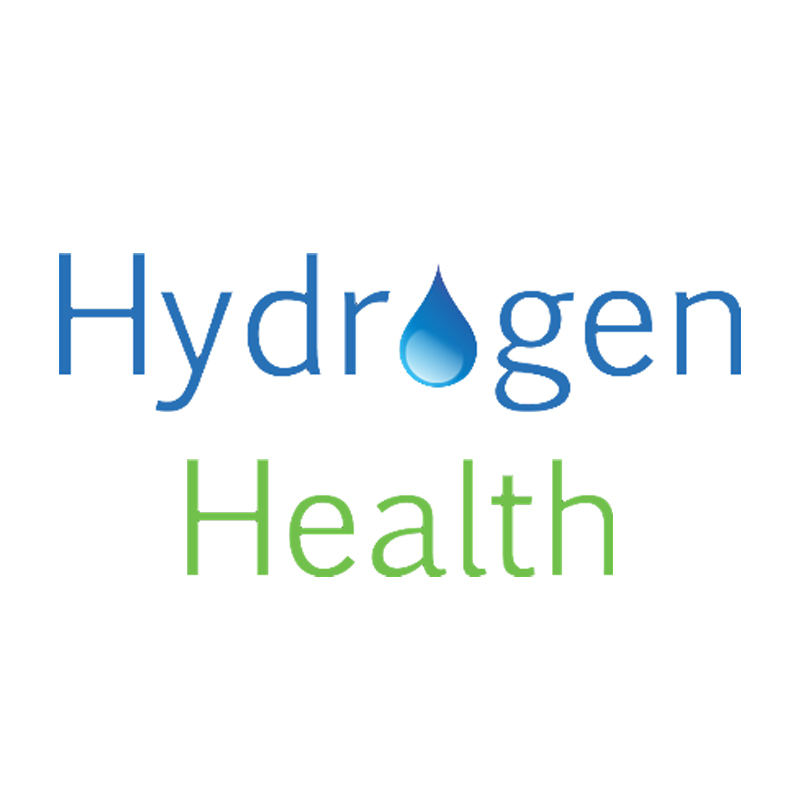Radiation cancer also causes brain dysfunction, hydrogen water relieves
2022-09-19
Radiation cancer also causes brain dysfunction, hydrogen water relieves
Ionizing radiation can produce a variety of free radicals that can damage cells' nucleic acids, proteins, carbohydrates and lipid compounds, thereby damaging cell structure and function About 60 - 70% of the damage is caused by hydroxyl radicals in the brain Highly sensitive to oxidative damage due to its high content of PUFAs, while it contains relatively low levels of antioxidant enzymes.
Radiation has been reported to impair neurogenesis, promote brain cell apoptosis, and cause neurodegenerative changes that affect future cognitive functions such as learning and memory. Radiation can cause long-term cognitive impairment, especially in the developing nervous system of children. Currently, WR-2721 is the only FDA-approved radioprotectant whose mechanism of action protects against radiation-induced damage. Especially hydroxyl free radicals, but can cause dizziness, vomiting and other adverse reactions. Therefore, it is very necessary to develop an effective and safe radioprotectant.
Hydrogen is a safe, convenient, non-toxic, bioactive gas with few side effects and selective antioxidant function. Hydrogen scavenging capacity has been shown to be protective against oxidative stress-induced damage. Hydrogen can pass through the blood-brain barrier, quickly cross cell membranes, and interact with toxic reactive oxygen species (ROS). It can be seen that hydrogen is effective in the prevention, treatment and alleviation of neonatal brain injury and cognitive dysfunction, especially in cerebral ischemia-reperfusion injury. Therefore, hydrogen has great potential in the clinical treatment of many neurological diseases. In addition, the protective effect of hydrogen on various tissue damages induced by radiation has also been reported. For example, the use of hydrogen-rich solutions after irradiation has been shown to mitigate damage to the immune system, hematopoietic system, skin, small intestine, and heart by reducing ROS. The selective neutralization of harmful oxygen radicals by hydrogen has attracted increasing attention in the field of radiation protection.
